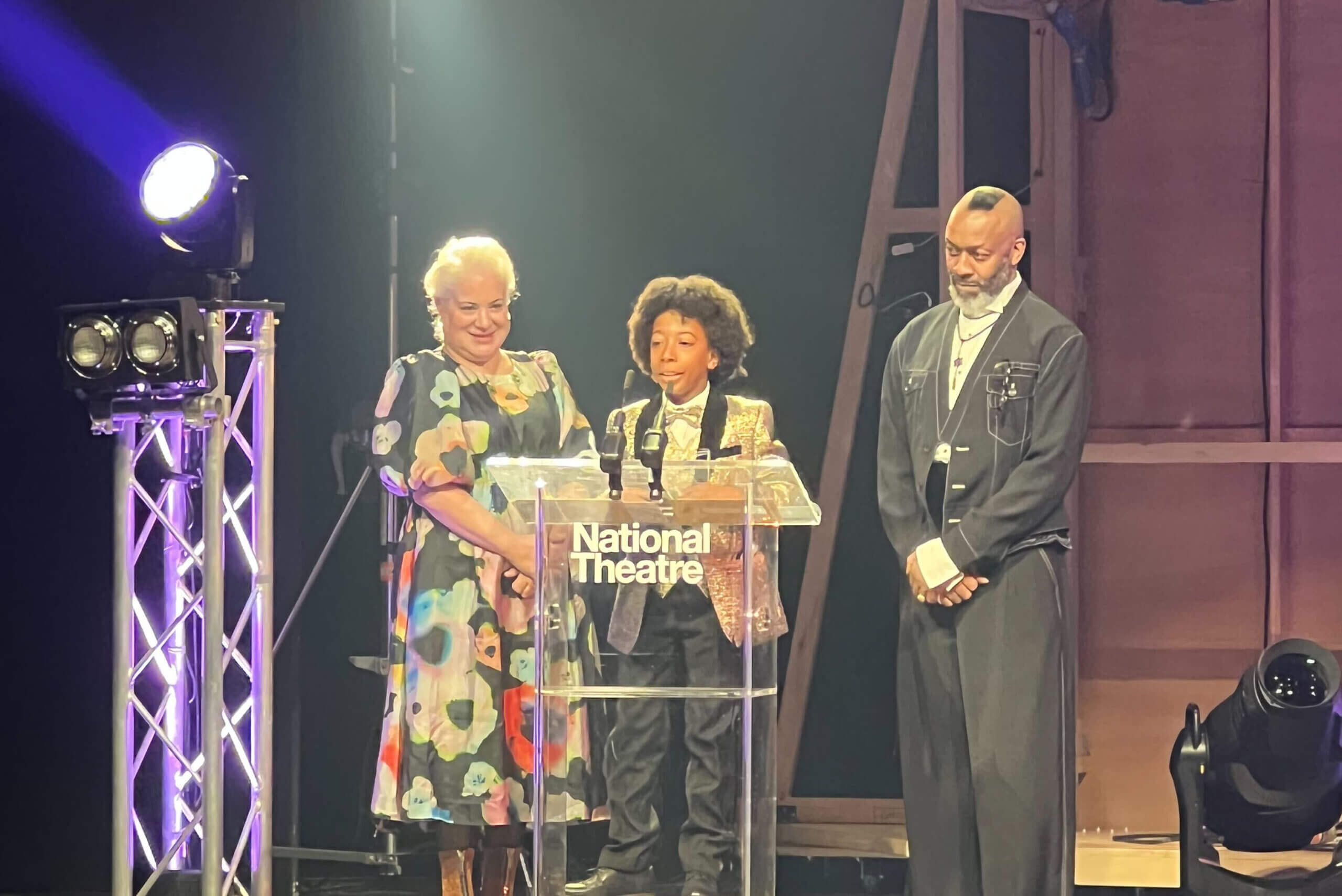Performer Tahlia Norrish shares her career journey from stage to screen to inspire young performers who want to make the transition.
The purpose of acting is to effectively communicate a story through character, but stage and screen are distinctly different means of doing so.
One of the greatest delights of being an actor is the ability to embrace the full range of storytelling opportunities. Each job is an opportunity to dive into a completely new world, one that might take the form of a comedy, drama, musical or thriller, to name but a few.
We might find ourselves wrapping up a West End theatre show one week, only to be auditioning for a TV soap the next. We could find ourselves self-taping in our lounge in the morning, only to be donning a mo-cap suit in an aircraft hanger in the afternoon. Variety really is, it seems, the spice of life for us actors.
While some choose to be laser-focused on a single arena, it’s becoming increasingly common to bounce between them all, or at least between stage and screen. Not only can this help ensure one is kept working fairly consistently year-round, but it can also serve to keep us fresh, kindling with our passion and joy well kindled.
If a multi-medium career is of interest, here are some thoughts on how you might go about making it happen.
My Personal Journey from Stage to Screen
My personal vision of career ‘success’ is largely defined by this capacity to traverse all realms of storytelling with ease and excellence. However, this wasn’t always apparent.
I grew up in Perth, Australia where the screen industry was almost non-existent at the time. Acting and participating in drama was, by default, largely stage-based. Like a surprising number of actors, I was originally sent to after-school drama classes by my parents as a way to overcome shyness as a child but I was soon hooked.
I continued taking drama at school with classes and workshops on weekends and during school holidays. Eventually, I started working in the local theatre scene until I was fortuitously introduced to some screen acting classes by a friend in my year. This was a pivotal moment, as not only did I become enamoured with screen work (I stayed on to study for many years afterwards) but the head of the school became, and still is, my Australian agent.
Enthusiasm is a beautiful thing, so through an inordinate amount of research and sheer stubbornness, I steadily built up my screen resume. I started with background (extra) roles before moving on to supporting characters and leads. These experiences – paired with my continued training – resulted in my being able to audition for bigger projects through my agent, and ultimately I spent a good few years working almost exclusively on camera.
But this is by no means the definitive path and your journey may take a wildly different route.
I would highly recommend working with a well-reputed mentor to make sure they are able to adjust to allow for all the subtleties that the camera can capture.
Career Transition Advice from an Agent
My sublime agent, Hallie McKeig at Creative Soul Management, has helped a great many actors successfully transition from stage to screen, so I asked her what actionable wisdom she could share.
For those just starting to make the move, McKeig says: “I would highly recommend working with a well-reputed mentor to make sure they are able to adjust to allow for all the subtleties that the camera can capture.” She also advises implementing a regular practice of “reading scripts [and] watching good shows”, as well as “researching the industry in your area.”
When you’ve built some confidence, McKeig strongly suggests self-taping and reviewing as a way to deepen your understanding of how to “create energy and truth within the frame.”
Asked whether she had encountered any bias within the industry (good or bad) about stage actors transitioning to screen, McKeig gives a clear “no.” She expands by saying casting directors will recognise any actor that can “connect to the text and the relationships in the story” as a “good actor” regardless of their prior experience.
The most common pitfall she sees in those that struggle with the transition is performers failing to attune a performance to the intimacy of screen. This results in “going too big” in expression, volume and/or movement, which doesn’t read as truthful when the audience (i.e. the camera) is so much closer.
McKeig says that ongoing “training and practice” are the commonalities of actors who have successfully navigated both stage and screen, which is heartening to hear, as this is something we all have some level of control over.
Whether you choose a career both on stage and screen is entirely up to you. Neither is ‘better’ or a ‘should’. What really matters is that you wholeheartedly pursue whatever is true for your wonderfully unique actor self.
If you do wish to straddle both worlds, keep in mind that this requires subtle shifts in preparation and performance. You can think of it like swimming; whilst the purpose of swimming is to move through a body of water efficiently, freestyle is a different way of doing so to breaststroke. Similarly, the purpose of acting is to effectively communicate a story through character, but stage and screen are distinctly different means of doing so.
So just as you would set aside the time and space to practice both swimming strokes, it’s wise to set aside the time and space to keep on top of both acting techniques. This doesn’t necessarily have to be in a formal class setting (though this is probably easiest) but keeping your skills sharp and your storytelling instrument, i.e. you, flexible will enable you to shine your brightest – irrespective of the medium.
 Tahlia Norrish is an Aussie-Brit actor, writer, and current MPhil Candidate at the University of Queensland’s School of Sport Sciences. After graduating from The Liverpool Institute for Performing Arts (Distinction, Acting and Musical Theatre) and Rose Bruford College (First Class Hons, Acting), Tahlia founded The Actor’s Dojo — a pioneering coaching program centred on actor peak performance and holistic wellbeing.
Tahlia Norrish is an Aussie-Brit actor, writer, and current MPhil Candidate at the University of Queensland’s School of Sport Sciences. After graduating from The Liverpool Institute for Performing Arts (Distinction, Acting and Musical Theatre) and Rose Bruford College (First Class Hons, Acting), Tahlia founded The Actor’s Dojo — a pioneering coaching program centred on actor peak performance and holistic wellbeing.
Headshot credit: Ben Wilkin
Main image by Felix Seichter.












